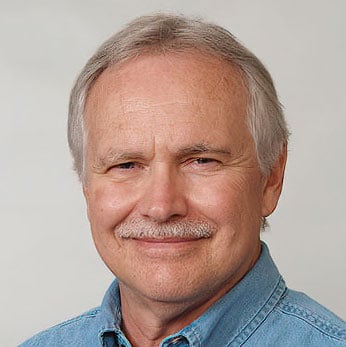The following tip is from the ISA book by Greg McMillan and Hunter Vegas titled 101 Tips for a Successful Automation Career, inspired by the ISA Mentor Program. This is Tip #4.
I have managed hundreds of projects and engineers over my career, and one of the most important concepts I stress to my team is to tell me the complete truth − NOT what I want to hear. If a project is running behind schedule, I need to know NOW so I can adjust and possibly recover. If I am told that everything is fine and on schedule throughout a project, only to find problems at the end, then I have no option but to fail.
However, this concept goes far beyond project status reports. For example, overstating experience and skill sets on resumes may be common practice, but as a person who routinely reads resumes and interviews engineering candidates, I can unequivocally say that the quickest way to lose an interview opportunity is to overstate or lie on your resume. If I cannot trust you to truthfully fill out a resume, how can I possibly trust you to design control systems with people’s lives at stake? Obviously, listing your work experience is important, but do not take credit for things you did not do and do not claim experience or knowledge you do not have.
If I had to pick one aspect of my personality that has helped advance my career, it would be my reputation as a “straight shooter.” If you ask me a question, I am going to answer it to the best of my ability, and if I do not know the answer, I will say so. Telling the truth breeds trust, and it is that trusting relationship with coworkers and clients that has served me well throughout my career.
Concept: This concept is straightforward. Do not lie, and do not tell people “what they want to hear” just to avoid conflict. People generally give a new acquaintance or business colleague the benefit of the doubt when they first meet them and assume they are a truthful person. However, once the first lie or half-truth is told, everything you say may be called into question. A reputation as a liar can stick with you for a lifetime.
Details: Work very hard to establish a high level of trust with your co-workers or clients. Do not commit to goals you cannot achieve, but always deliver what you promise. If the project is not on track, tell your co-workers or client (immediately) and seek advice on the best way to resolve it. Your word should be your bond. If you know the answer, provide it. If you do not know the answer, then saying “I don’t know, but I will find out” is perfectly acceptable.

Watch-Outs: New graduates and inexperienced engineers tend to “pad” their resumes, hoping to get their foot in the door. The fact is that NO new graduate has much worthwhile experience, so the hiring firm has pretty low expectations in that respect. If a candidate declares himself an expert at programming because he wrote a handful of code or claims extensive experience when he has none, not only will he not get hired, he probably will not even get a shot at the first interview.
One prospective candidate submitted a resume via email to my company. One of the hiring managers happened to open the document up with “Track Changes” enabled, which highlighted all of the recent edits to the resume. Apparently the candidate had a degree in “chemical engineering,” but decided to change it to “electrical engineering” since he assumed my company was more interested in that major. Ironically, we hire engineers with either of those degrees, but needless to say we did NOT hire him!
Exceptions: None.
Rule of Thumb: Tell the truth − always. A reputation as a liar can stick with you for a lifetime.





